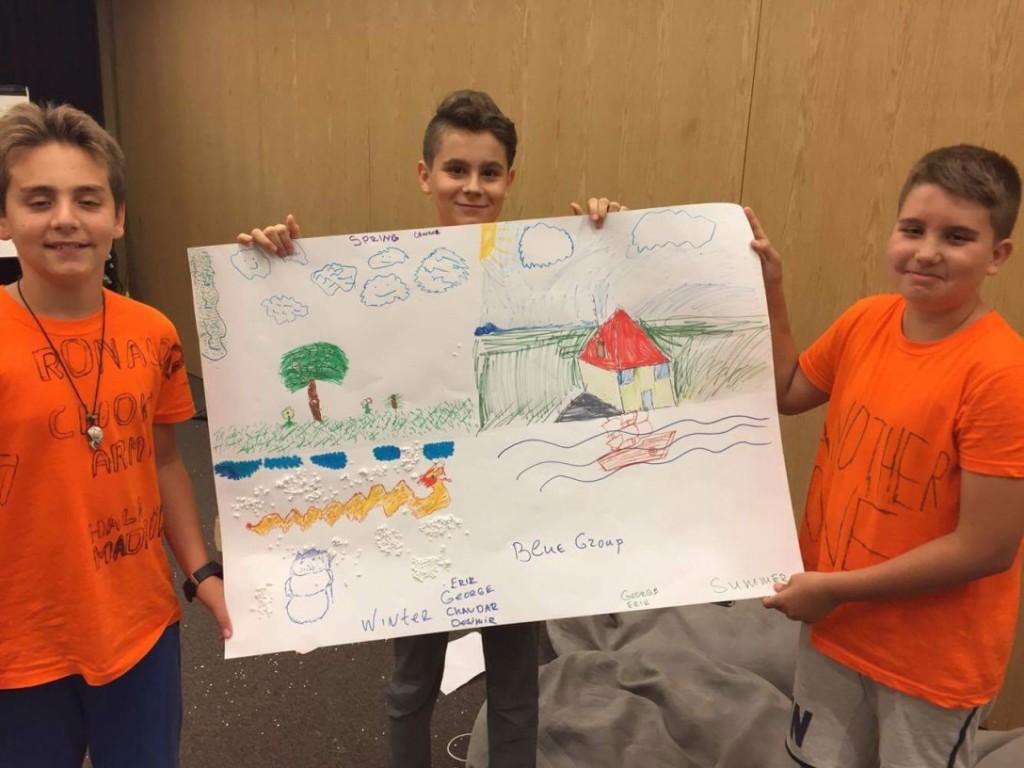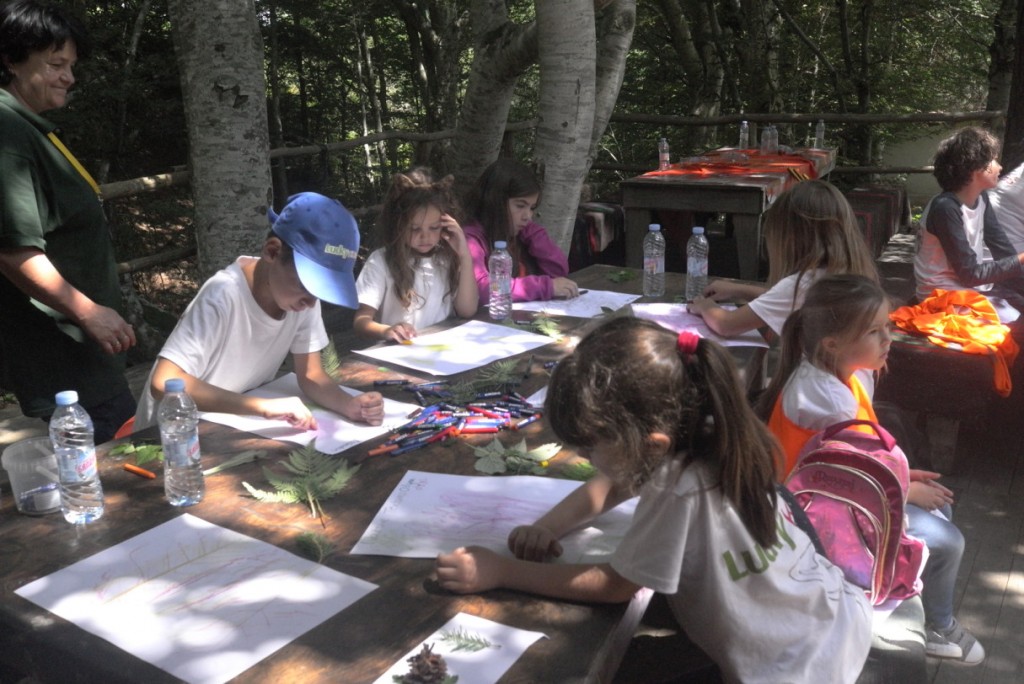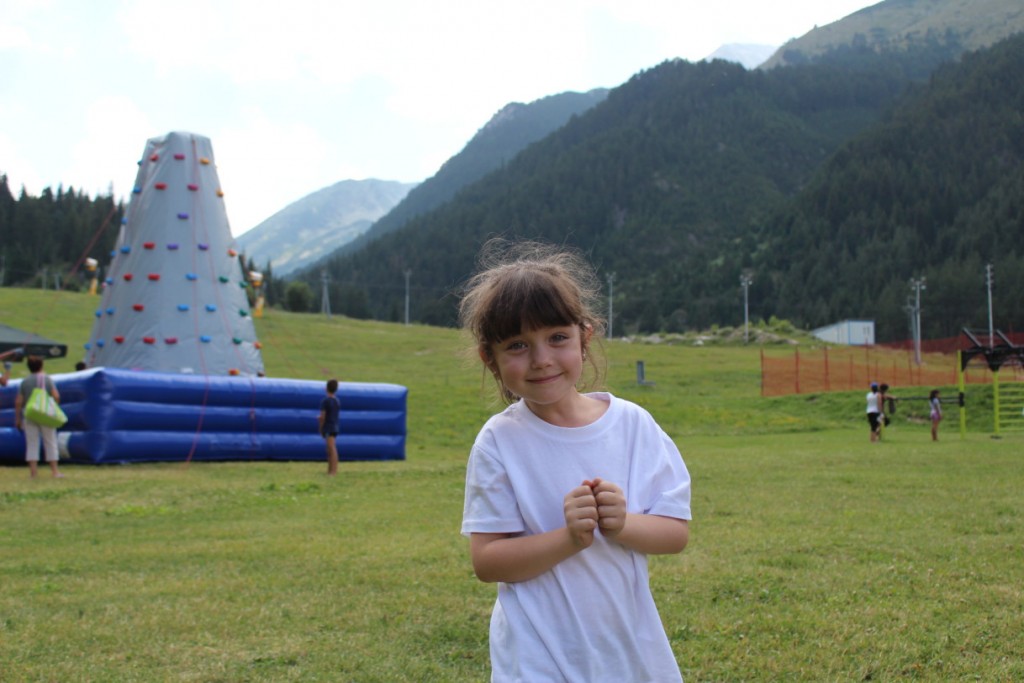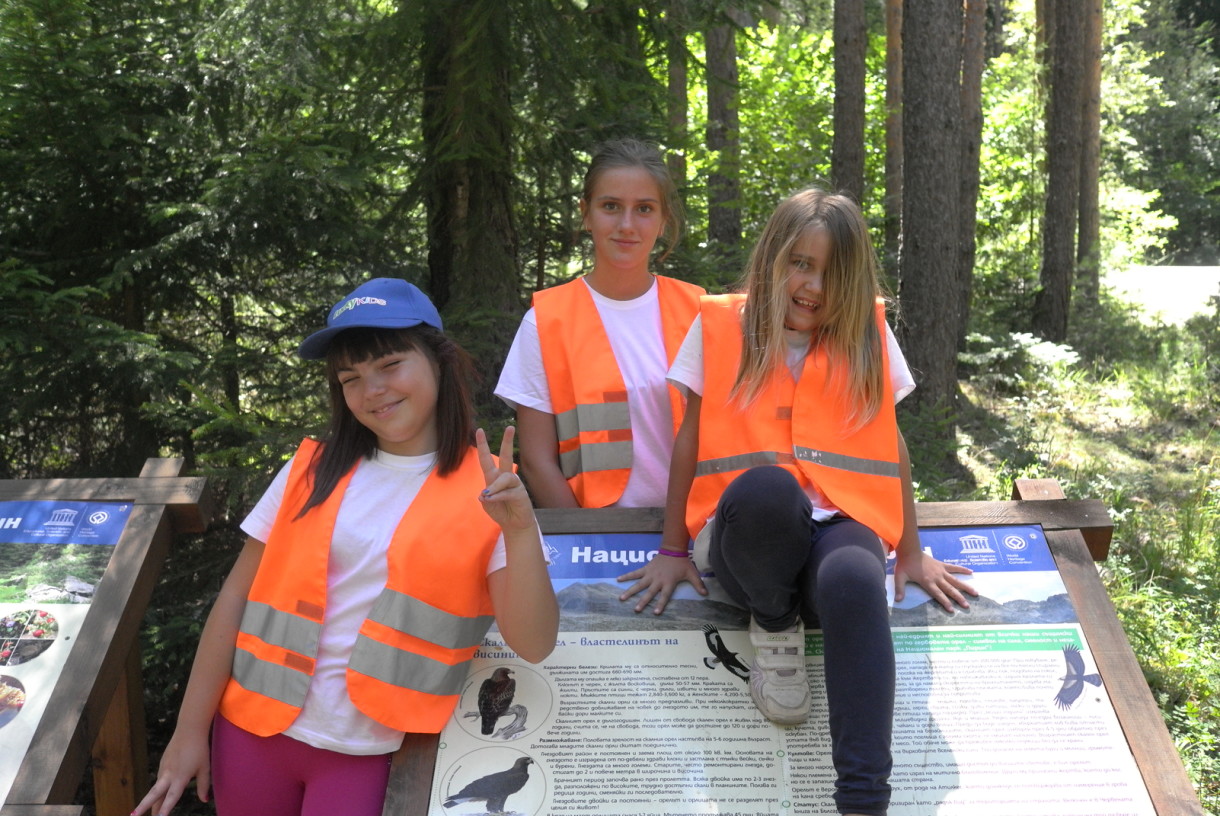Children who attend LuckyKids get a great boost in their Conversational English skills, doesn’t matter what level they are, as the camp is an English camp with Native speakers. These children learn English quickly as they are submerged in it, all day from when they wake up to going to bed. Even complete beginners learn simple English, from Good morning, Good afternoon, Good night to saying Thank you. They learn simply words and phrases first then go onto bigger words and phrases as the week or two weeks goes on.
The Input and Output
There are two things that consist of learning any language and that is the ‘Input’ and ‘Output’. Input is the words and phrases that we learn and hear, output is the learner speaking or writing. Learners learn a language first before speaking, just like a small child does. We all learn the words first before we use them. Output is more difficult than input. This is because people get nervous, or they get words mixed up or simply forget them just like a small child does when learning their native tongue or language.
Fluency is created by learning a language naturally. Text books and language courses for non-native learners DO NOT provide this. Conversations are slowed down in these courses or textbooks so the listener can understand them better.
Another major flaw with purchased materials is that slang words or the way we actually say the words, or even incorrect grammar that we use on a daily basis, have all been removed or edited for easier understanding. This all means that learning with a native English speaker is more effective as the language is taught and learnt in a natural manner. Listening is also increased as children listen to Conversational English all day long at LuckyKids. When there is a ‘Movie night’, the movie is also in English without subtitles, this is a great way for children to hear the language naturally.

So why, is conversational English better at luckyKids?
Well children are put into a situation where they have to speak it, for example, if they need the toilet, they need to ask if they can go, so the first word they learn is ‘toilet’. Then they progress to ‘May I go to the toilet?’ Complete beginners usually just say ‘toilet’ and point to where it is. Then the teacher or counsellor will correct them, giving the new words and the child will remember them after a few times. This is all done naturally and outside of the classroom. It is just one example, but children need to ask for things like food or water so they naturally learn them as and when the words come up in conversation too.
A popular word beginners of English learn first is ‘more’, for example at the dining table and they drink their water and if they want more they usually learn the word ‘more’ straight away and they also progress, to ‘Excuse me, could I have more water please?’ after a few days. ‘Thank you’ and ‘Please’ are also important words children learn first as good manners are encouraged at LuckyKids.
In the class room children of all levels have great conversational English skills practiced every day. Children are not only encouraged to talk to each other all the time, but they have to talk to all staff in English, this also includes the hotel staff and staff on outings too.
All instructions, presentations and questions inside the classroom are done in English, by native speakers, so children listen and learn the correct sounds and pronunciation of words and letters. Everyday teachers do a conversational session, this might only be for short time, for example after doing a presentation on a certain grammar point, and the teacher will then ask students questions in the grammar tense just introduced to them. This is done to confirm understanding, but this gives students an important boost in confidence as they practice and are encouraged to speak more with follow-up questions. Children take in new words and phrases during all lessons and they learn to practice (output) at the same time.

Complete beginners and more advanced students
English teachers, not only at LuckyKids, but all English teachers across the globe should encourage students to speak in English and praise them for doing do so. This encourages confidence and makes the children more confident in speaking. Also confidence is also gained when they make and practice their presentations for the final day of the camp. Practice is key to learning any language, especially conversational English language. LuckyKids provides this all day long. Older children or more advanced students help the younger or of a lower level student with translating. This is also good practice for real world situations too.
Let’s look at complete beginners lessons now. A complete beginner will not know simply words and short phrases they will use on a daily basis at the english camp. So the first lesson is usually a day of learning the words and phrases needed, like what was mentioned earlier, going to the toilet or saying thank you.
Complete beginners are usually the younger campers now, as English is taught in most countries across the world in all schools from an early age. These words and phrases are easily taught through playing english games with younger children.
English games for beginners
Games that are played in a classroom will vary depending on the group of students, their age, likes and dislikes, all play a part in deciding which game is best. A good game to play is ‘picture match’. The children have a set of pictures and words and phrases, and they have to match them. This is good when done in teams or small groups, then the teacher will do this verbally and they will then learn the sound of the words or phrases. Another game I saw this year was ‘Pass the ball’, which was played with a group, which was mainly boys who all liked football. The children sat in a circle and passed the ball slowly and they had to say ‘Please’ and ‘Thank you’ as the ball was passed, the game got quicker and quicker and of course there was only one winner at the end. Games are an important part of making learning fun for children, when a lesson is fun they tend to remember what is taught.

Outside of the English Classroom
Outside of the classroom the children at LuckyKids are given all instructions in English and are encouraged to ask questions. Teachers and counsellors all speak to children in English and this is a great way for listening practice in a natural way. All staff speak to all children in English and sometimes they have long conversations about a subject the children like, this makes it more interesting for the children. Because it is more enjoyable, the children will more likely remember the conversation. But most importantly they will have practiced their English conversational skills. They will also more likely start more conversations themselves while at the camp.
Children who are not Bulgarian who attend LuckyKids have to practice their English more and this makes it better for conversational skills and practice. This just isn’t for higher levels but all levels of students need practice, this is what makes LuckyKids a great place to send children for practice or to learn English.
Written by Neil Waters
English coordinator at LuckyKids.
